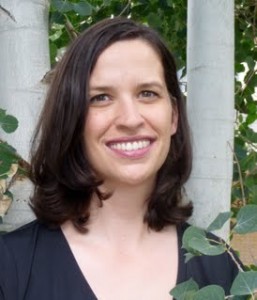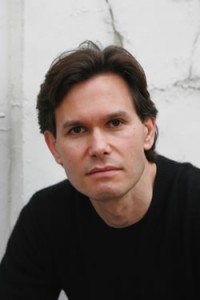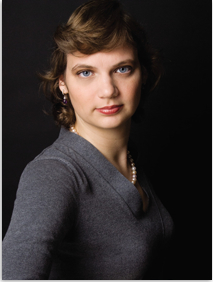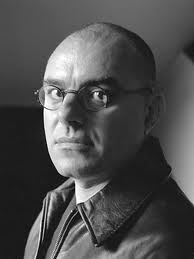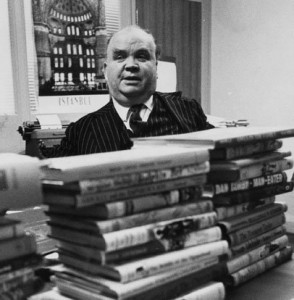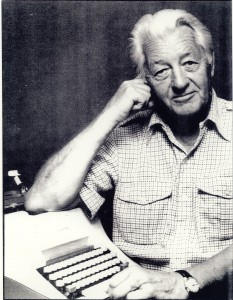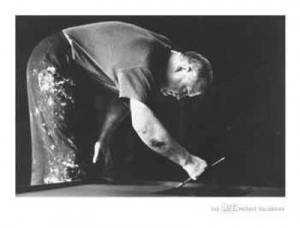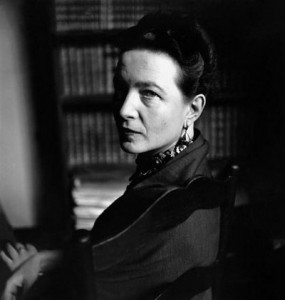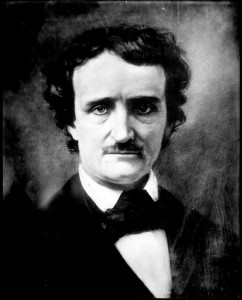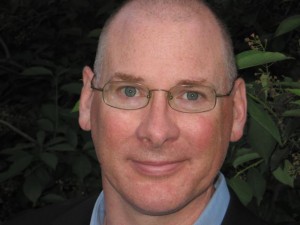Writer and Critic in One: An Interview with Jenny Shank
by Steven Wingate
Debut novelist Jenny Shank brings her affection for the American West to The Ringer, a searing tale of racial and class tension set in contemporary Denver. As the Books & Writers Editor at NewWest.net, Shank champions stand-outs of the current Western-lit cannon.


